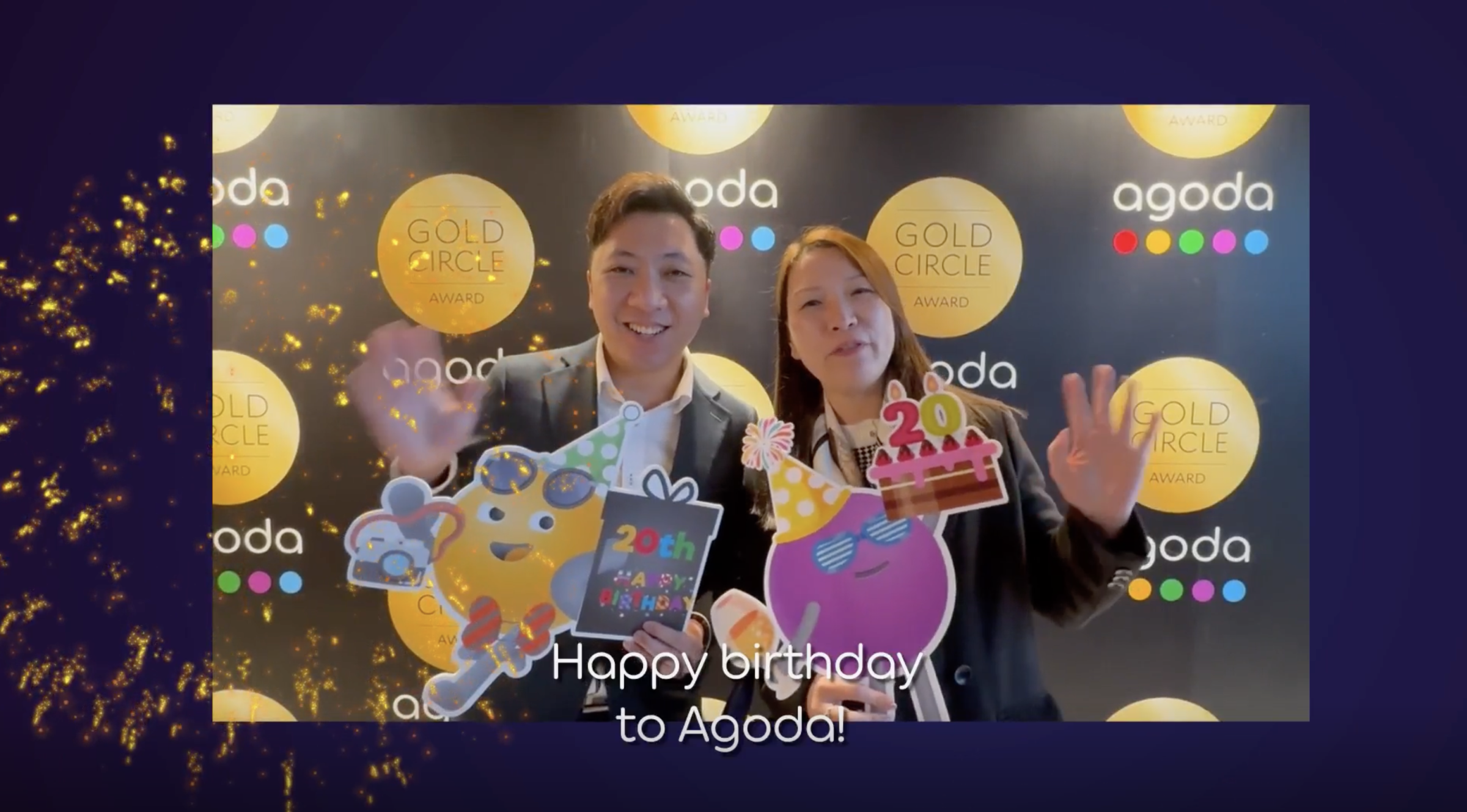What is a tax invoice?
A tax invoice is an official document that indicates the tax amount from the transaction which can include the following information and other requirements as mandated in the tax law.
- Invoice issuer name and registration number
- Transaction date
- Transaction details (indicating the item is subject to reduced tax rate)
- Compensation amount totaled separately by tax rate (excluding or including tax) and applicable tax rate
- Consumption tax amount categorized by tax rate
- Consumption tax amount is shown in Japanese Yen
- Invoice recipient name
Note: A qualified invoice under JCT rules effective from 1 October 2023 must contain the information as indicated above to receive tax credit for consumption tax on purchases.
Invoice Sample from simplified_04.pdf (nta.go.jp) below.
For more details, please refer to the government website directly.

What are the changes under the new invoice system?
Under the Japanese Consumption Tax System (JCT) that was in place before 1 October 2023, taxpayers could claim input JCT credit/refund in connection with the purchases of goods and/or services from providers who were not registered as JCT taxpayers. In order to claim the input JCT credit/refund, tax payers were required to maintain the required information and keep relevant evidence, such as receipts.
However, following the new invoicing rules which took effect in Japan on 1st Oct 2323, taxpayers are only able to obtain qualified tax invoices from providers who are JCT taxpayers and are registered as qualified invoice issuers. Accordingly, Taxpayers will no longer be able to claim input JCT credit/refund in connection with the purchases of goods and/or services unless the providers in question are JCT taxpayers and are registered as qualified invoice issuers.
Who is responsible for issuing a tax invoice to guests, Agoda or the property?
As a platform operator, Agoda only facilitates the online booking of reservations for your property and charges a commission for this service. As such, Agoda is unable to issue a tax invoice to guests for the accommodation services offered by your property because for each reservation facilitated by Agoda, your property enters into a binding agreement with the guest for the provision of your accommodation to the guest during their stay, and Agoda is not a party to this agreement. Thus, any local requirement to issue a tax invoice at the reference sell rate remains your responsibility.
What is the difference between a tax invoice and an e-receipt?
A tax invoice is an official document that indicates the tax amount along with the value of the transaction as well as other required details of a tax invoice as required by law including but not limited to invoice number and the tax ID of the service provider. A tax invoice can only be issued by the service provider.
An e-receipt is a document that evidences a payment has been collected. An e-receipt can be issued by any party who is responsible for the collection of the payment.
Below is a sample of how guests can request an e-receipt on the Agoda platform and a sample of the e-receipt that Agoda can issue.


How to issue a tax invoice
For detailed steps on issuing a tax invoice, please refer to: How do I issue a tax invoice?
FAQs
Irrespective of guests’ payment method, guests are entitled to request a qualified tax invoice from properties if they are registered under the JCT. Guests can request a qualified tax invoice directly from the property or through Agoda. In case they request throughfrom Agoda, Agoda will support this request by sending an email to the property regarding the request.
When issuing a tax invoice, please refer to the reference sell rate indicated in the confirmation voucher.
‘Agoda International Japan KK’ is a local branch that provides supporting functions to Agoda. Agoda International Japan KK itself does not provide any services to Japanese guests/travelers or other third party entities. Rather, this local entity performs certain administrative functions such as purchasing supplies which will be done in local currency with local tax, thus a registration number will be required for such purposes.
‘Agoda International Japan KK’ as a local branch has limited functions and is an independent and separate entity from Agoda Company Pte Ltd (ACS). As such, the local branch’s tax registration number cannot be used in place of or for any business of ACS in Japan.
Contact us
Still looking for a solution? Contact us via the YCS Need Help Button or other methods.
Was this article helpful?
%
%
Thanks for your feedback!









